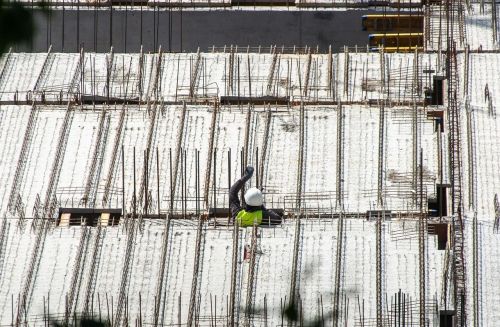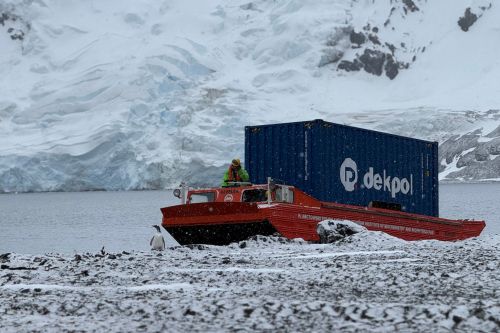I tried in vain to phone people who might have a set of the same keys, but there was no reply from any of them at that hour of the night. Eventually, I resigned myself to squatting in the garden until the morning. Luckily (or so I thought) I had my laptop with me and could use it to do some work over the hours that lay ahead of me. And, as I began to work (and seemingly all the biting insects in the garden had arrived to feast on my flesh), the idea for this article came to me. One little thing – the loss of my keys – had brought me to this pass. I still had the internet to keep me company. But what if there was no internet? Not only would I have nothing to do, but wouldn’t all the communication networks around the world and the entire global financial system go down? Not to mention how difficult it would be to research and write an article like this. And so my mind switched from the (I suppose) relatively minor setback of losing my keys to the terrifying what-if of a































































